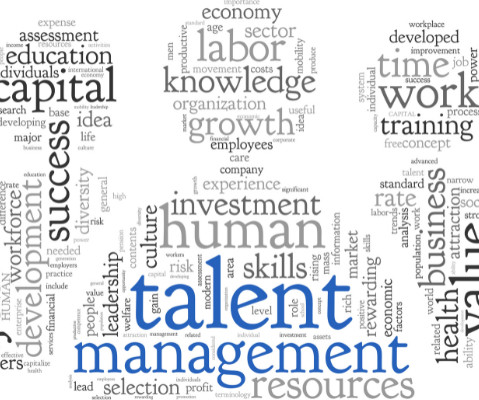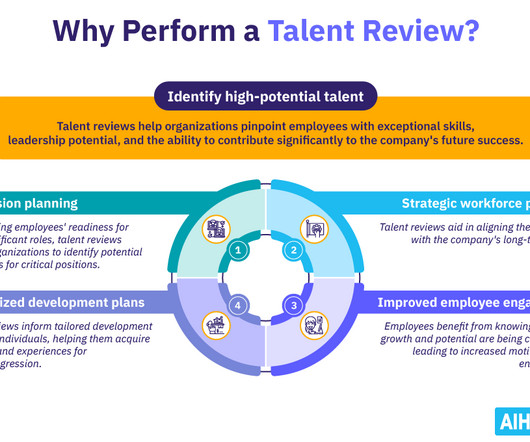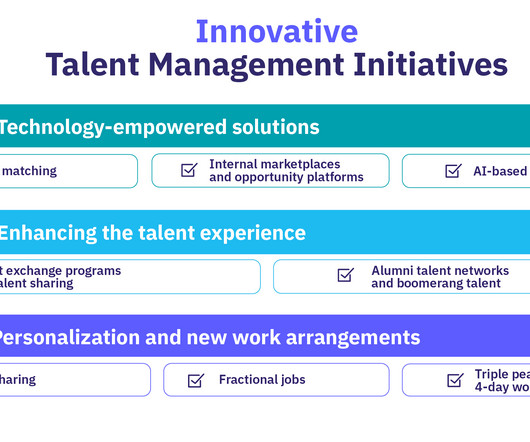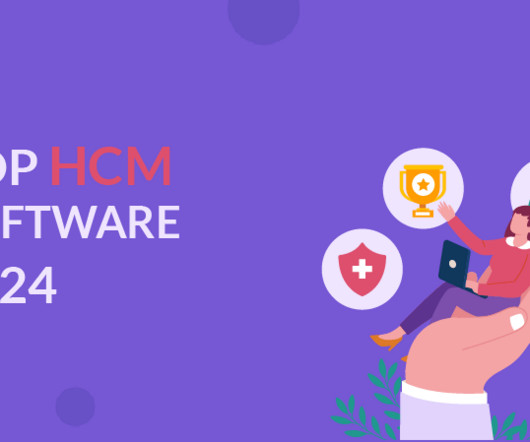Human Resources Generalist: Required Job Duties and Skills
Heyyy HR!
NOVEMBER 16, 2023
The role of a Human Resources Generalist is multifaceted and requires a diverse set of skills. They are responsible for a variety of tasks such as recruitment and selection, performance management, training and development, and legal and compliance. I created a video that gives a day in the life of an HR Generalist.










































Let's personalize your content